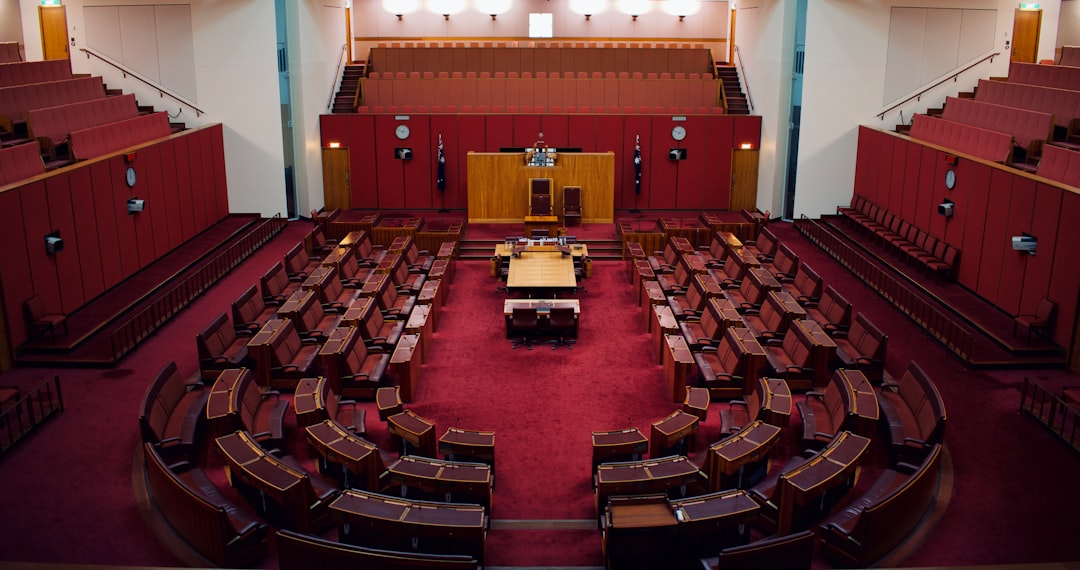The Australian Education Union changes the subject
Ask them anything you like and they will give you the same talking points

Keep reading with a 7-day free trial
Subscribe to Filling The Pail to keep reading this post and get 7 days of free access to the full post archives.



